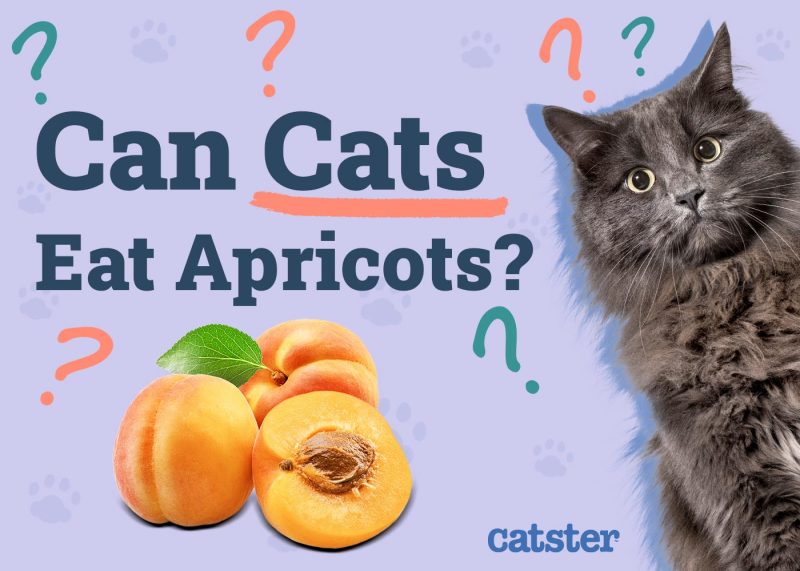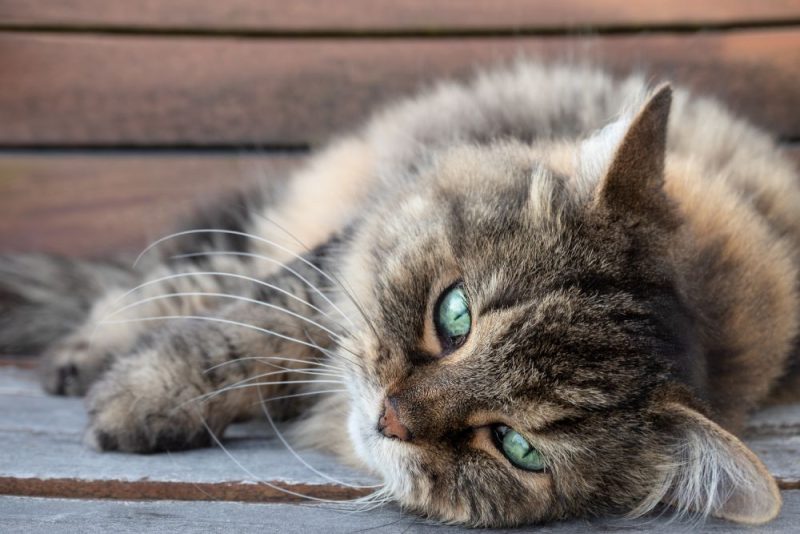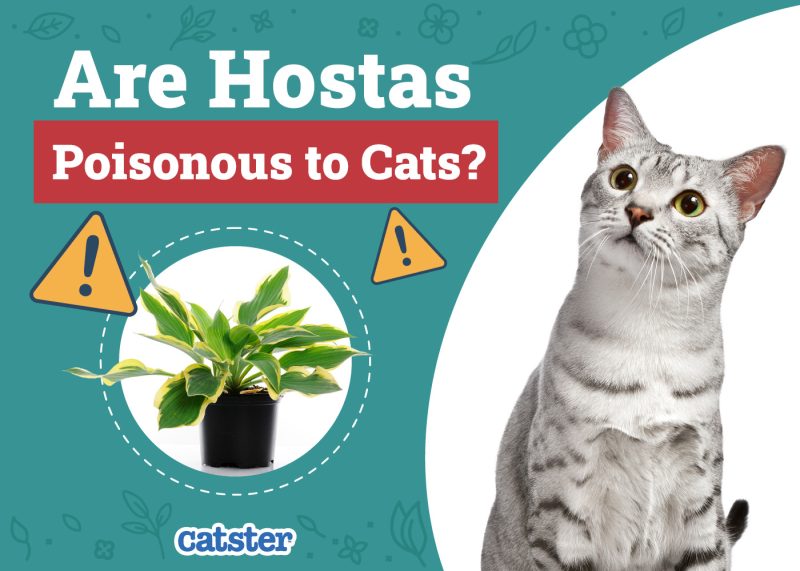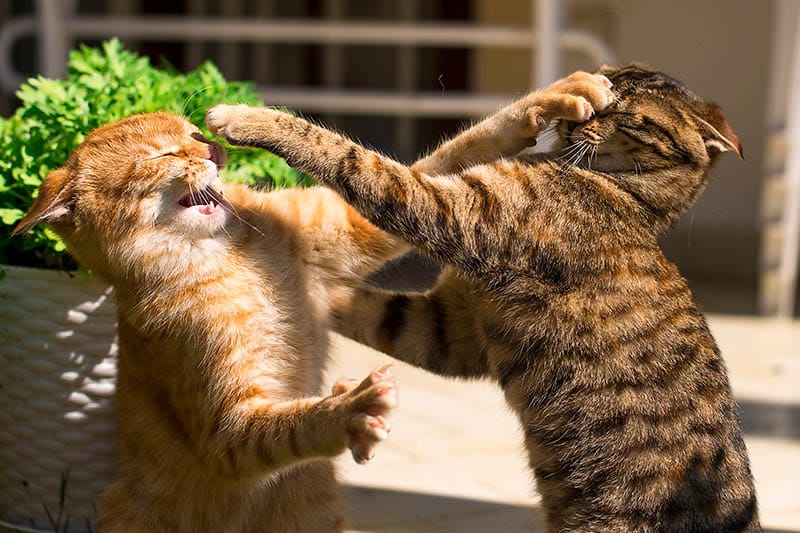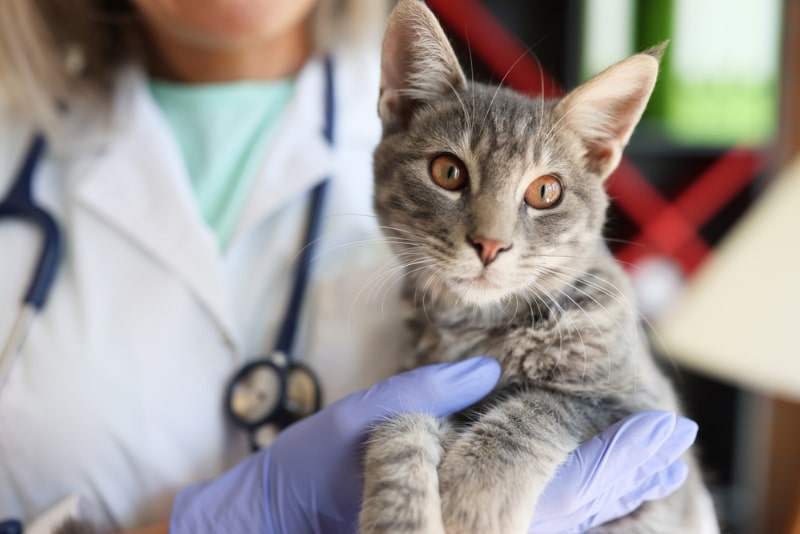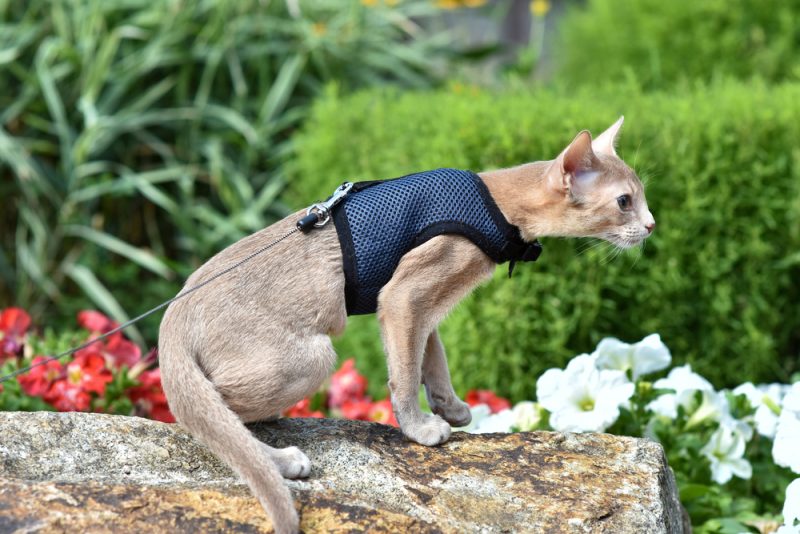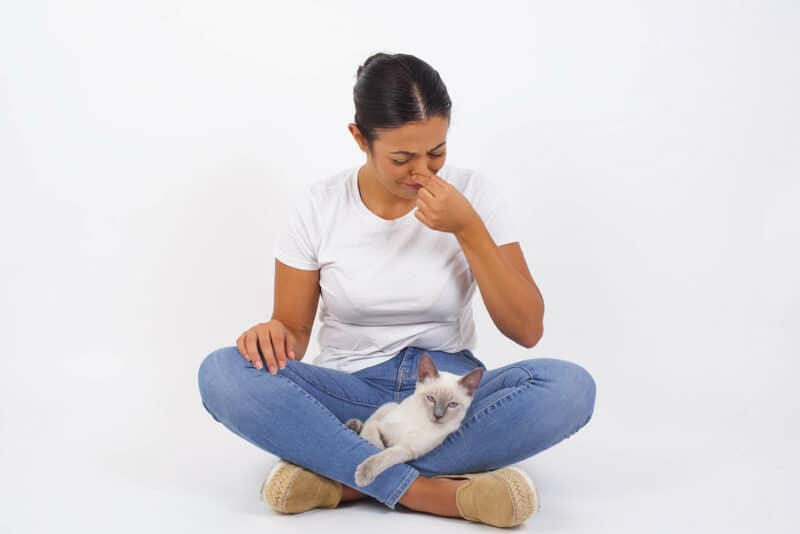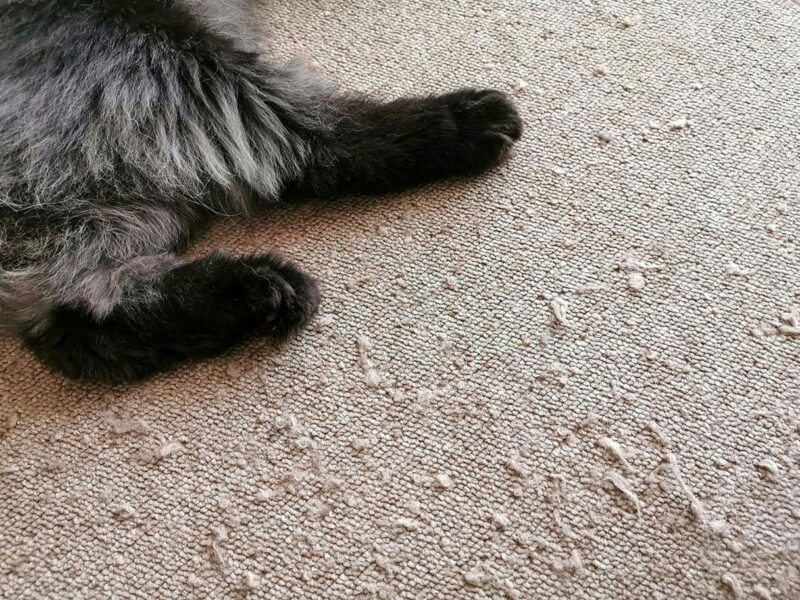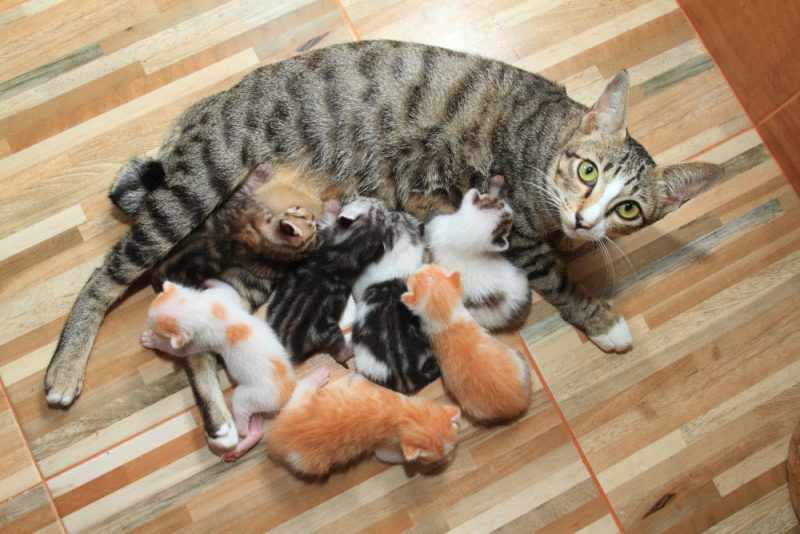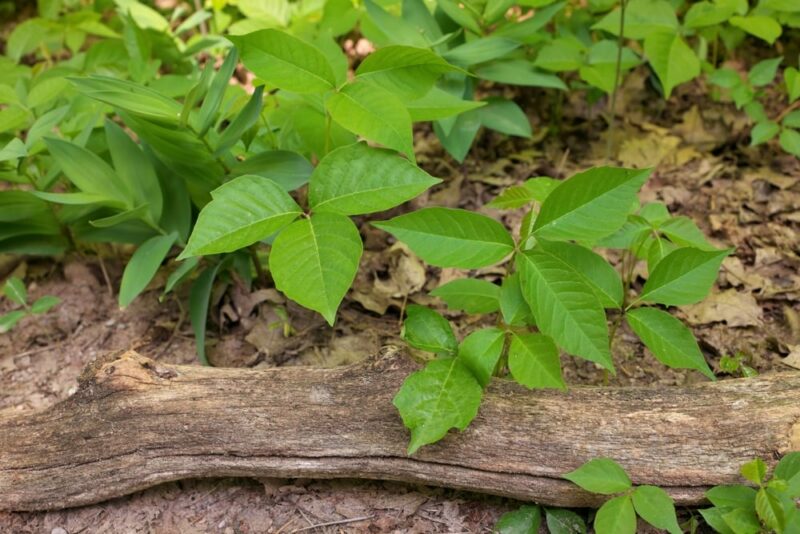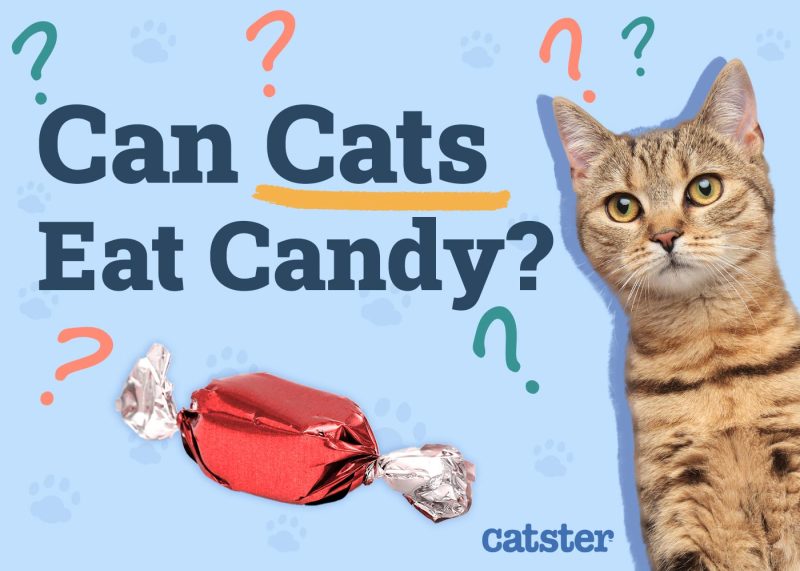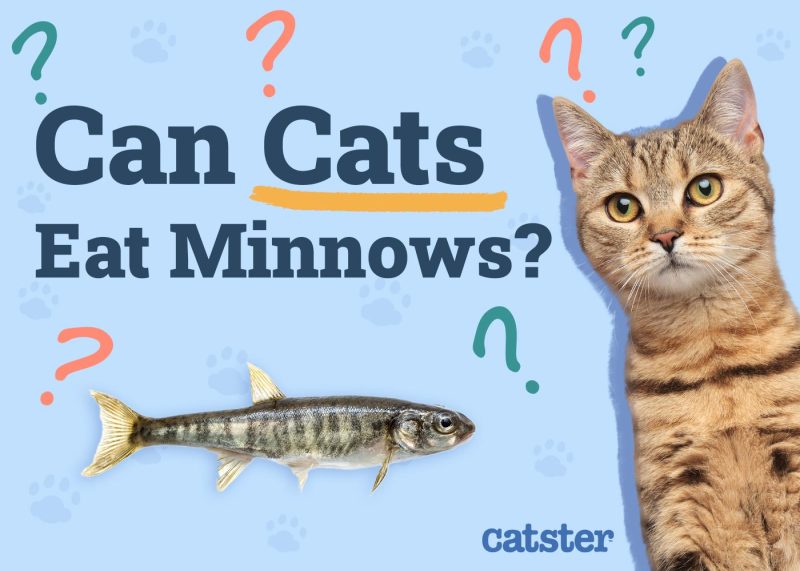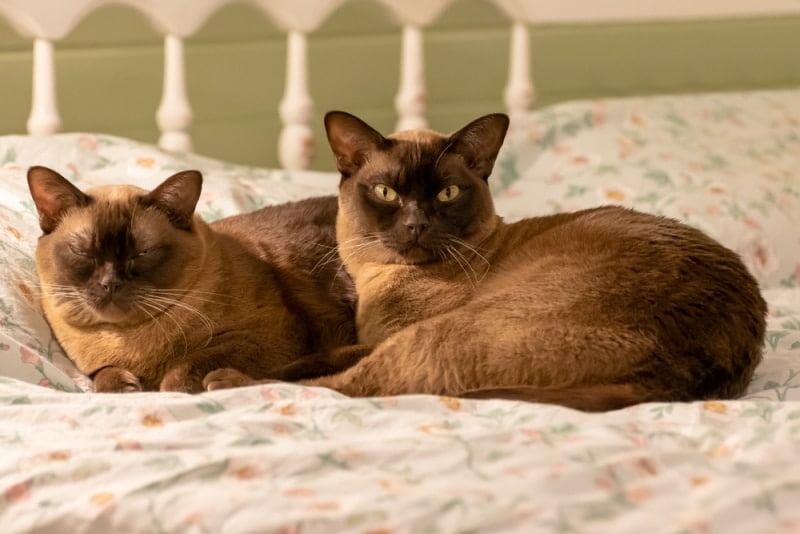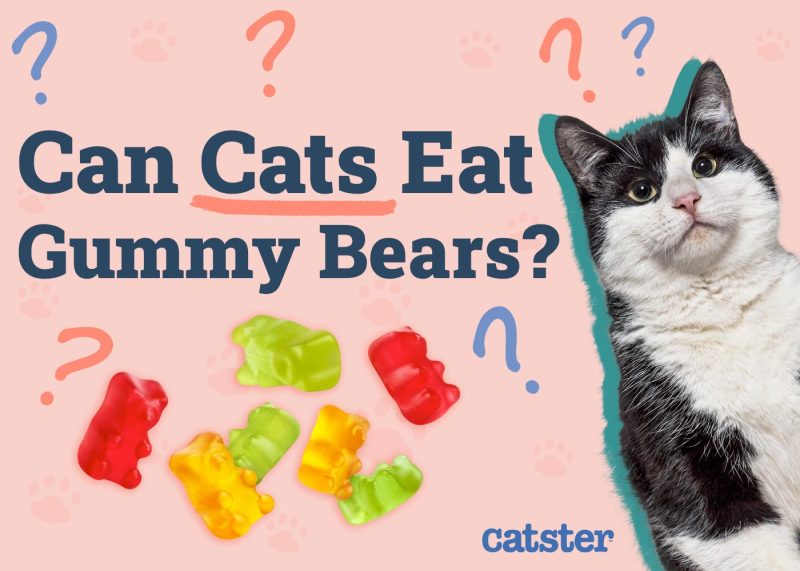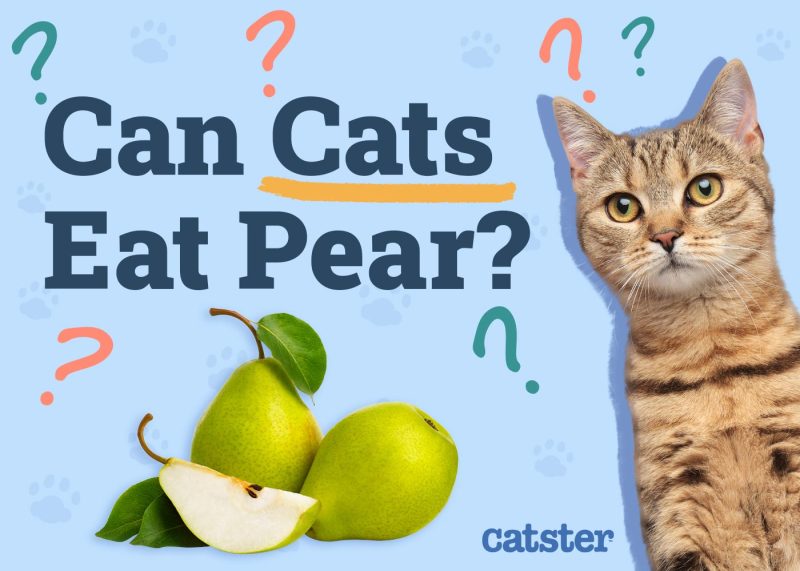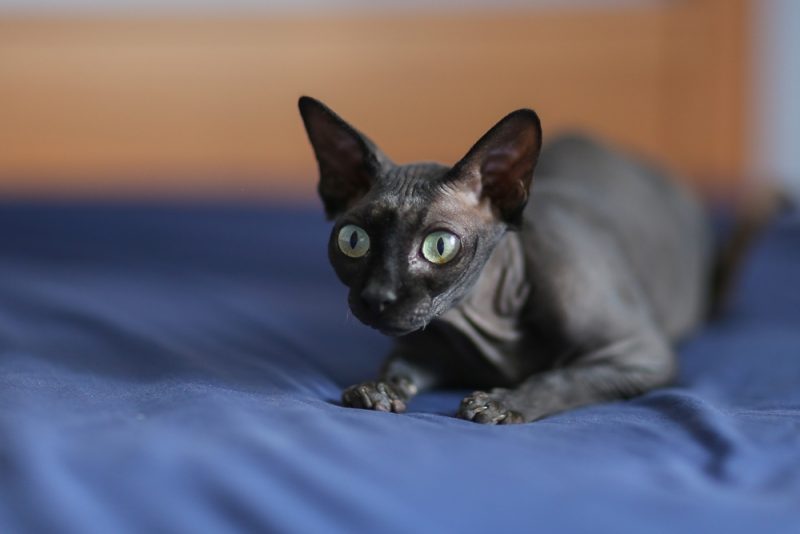Apricots are a delicious fruit and an excellent source of essential vitamins and antioxidants for humans. Many people enjoy this amazing fruit and might consider sharing pieces with their feline friends, but can cats eat apricots? Is it healthy for them?
Cats can eat apricots, however, the fruit doesn’t offer them the nutritional benefits it offers humans, therefore, it shouldn’t be a nutritional staple in their diet. In addition, you have to be careful about what parts of an apricot your pet consumes.
The pit, stem, and leaves of apricots are dangerous for cats because of their toxicity. In addition, the pit is a potential choking hazard for cats. Keep reading to learn more about apricots and cats.

Health Benefits of Apricots
Apricots do not offer much, if any, health benefits to cats.
Health-conscious people eat apricots for the benefits the fruit provides for them, such as high amounts of vitamin A, vitamin C, vitamin E, potassium, and antioxidants. On top of this, there is no denying that apricots’ sweet and delicious qualities make them a favorite fruit for many. Apricots get their yellowish color from beta-carotene, which functions as a precursor to vitamin A. Because of this, this fruit is often associated with eye health.
With all of this in mind, it is reasonable to ask whether cats get the same health benefits from apricots as humans do or not. The answer is no because cats are unable to derive the same nutritional benefits from this fruit, and because fruits are considered nutritionally inappropriate for cats.
As obligate carnivores, cats cannot properly utilize nutrients from either fruits or vegetables. For example, cats are unable to utilize beta-carotene to synthesize vitamin A, therefore, they actually wouldn’t obtain vitamin A if they consume apricots. Likewise, cats are able to synthesize their own vitamin C, and therefore, they do not require this vitamin to be supplemented in their diet. Furthermore, the ratios of certain minerals in apricots, such as calcium and phosphorus, are not appropriate for a cat. Finally, the sweetness of apricots wouldn’t be a draw for cats, as they lack the ability to taste sweetness.
A cat’s diet should consist mainly of animal protein-rich food. Wild cats eat rodents, birds, reptiles, and very little else. Current nutritional guidelines for felines recommend a diet that’s very high in animal proteins and fats; cats can derive great amounts of nutrients from such foods.
Is My Cat in Danger if They Eat Apricots?
Your cat might or might not enjoy an occasional apricot treat. If that is the case, you should know that small amounts of apricot are safe for them. Giving your cat pieces of apricot once in a while is perfectly fine. However, it is important to reiterate that there are better, healthier cat-appropriate treats that you should seriously consider in lieu of fruits.
Just ensure that apricot stems, pits, or leaves are never part of the menu. The toxicity of these apricot parts has to do with cyanide (in the form of amygdalin), a poison that can be fatal in high doses.
If your cat eats apricot stems or leaves in any amount, you should get them to a veterinarian immediately. Those parts of the fruit contain trace amounts of cyanide. While your cat would need to eat a large amount of stems, pits, and leaves for it to lead to cyanide poisoning, it is best to avoid giving those parts to your furry friend.
The pit poses an additional risk – it contains amygdalin and in addition, it is a serious choking hazard for your pet, and therefore not something you should offer to them.
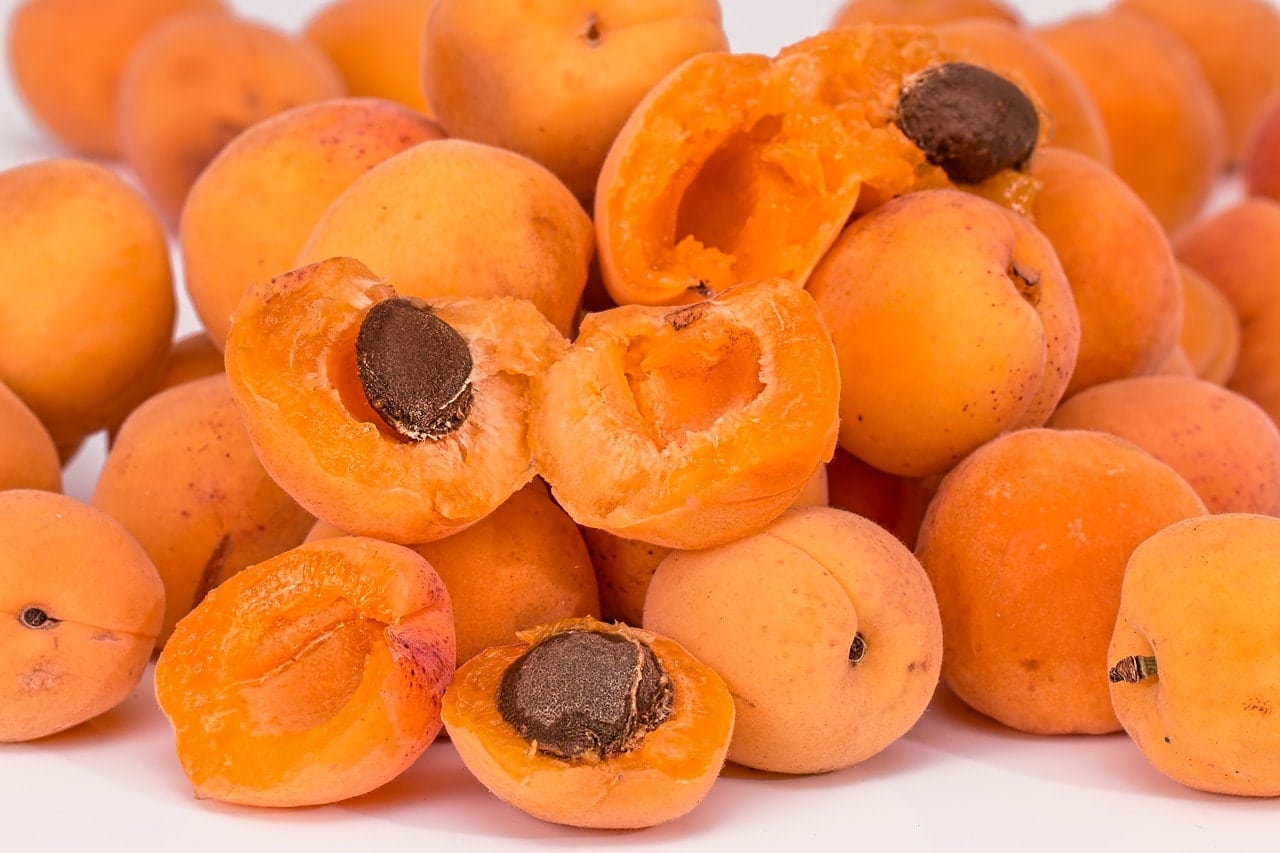
Signs of Cyanide Poisoning
Cyanide poisoning lowers the ability of the tissue to take in oxygen. Signs that your pet might be in trouble due to cyanide poisoning from apricot parts or another toxic source include:
- Sudden rapid breathing
- Dilated pupils
- Red mucous membranes
- Watery eyes
- Vomiting
- Muscle spasms
Cyanide poisoning in cats is a serious medical emergency. Failing to get your cat help promptly after cyanide poisoning from apricot stems, pits, or leaves can lead to death in extreme cases. We cannot stress how important professional assistance is for your cat in such a situation.
Some cat owners turn to the Internet for help when their cat appears distressed. However, it is best to follow specific instructions from a veterinarian. Inducing vomiting, administering activated carbon, and other first-aid measures should be an option only when you get a green light from a qualified veterinarian.
If you need to speak with a vet but can't get to one, head over to PangoVet. It's an online service where you can talk to a vet online and get the advice you need for your pet — all at an affordable price!


Healthier Treats for Your Cat
It is okay to feed your cat bits of apricot here and there. However, treats made specifically for cats are much better for your pet. These can either be purchased commercially, or you can consider at-home options too.
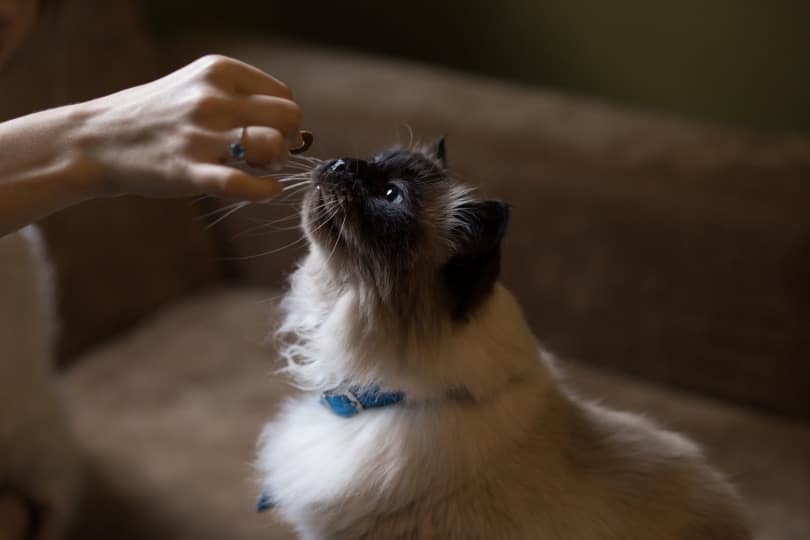
- Chicken
- Duck
- Beef
- Lamb
- Turkey
- Salmon (note that salmon skin is acceptable)
If your cat is on a raw diet, the ingredients above can be offered raw. Additional options include hard-boiled eggs, and organ meats in moderation (such as liver, chicken hearts, and chicken gizzards).

Final Thoughts
A cat can safely eat bits of apricot as long as you stick with the skin and flesh. However, as a fruit, this food item isn’t considered nutritionally appropriate or beneficial for them. In addition, cats should not have apricot stems, pits, or leaves to avoid a dangerous situation.
Being obligate carnivores, cats do not need fruits or vegetables and will not absorb the nutrients properly. Your feline companion deserves a proper diet to stay healthy and live a long and beautiful life at your side.
Make sure to contact a veterinarian immediately if cyanide poisoning from apricot parts or other sources is an issue.
Make sure to contact a veterinarian immediately if cyanide poisoning from apricot parts or other sources is an issue.
See also:
Featured Image Credit: RitaE, Pixabay
